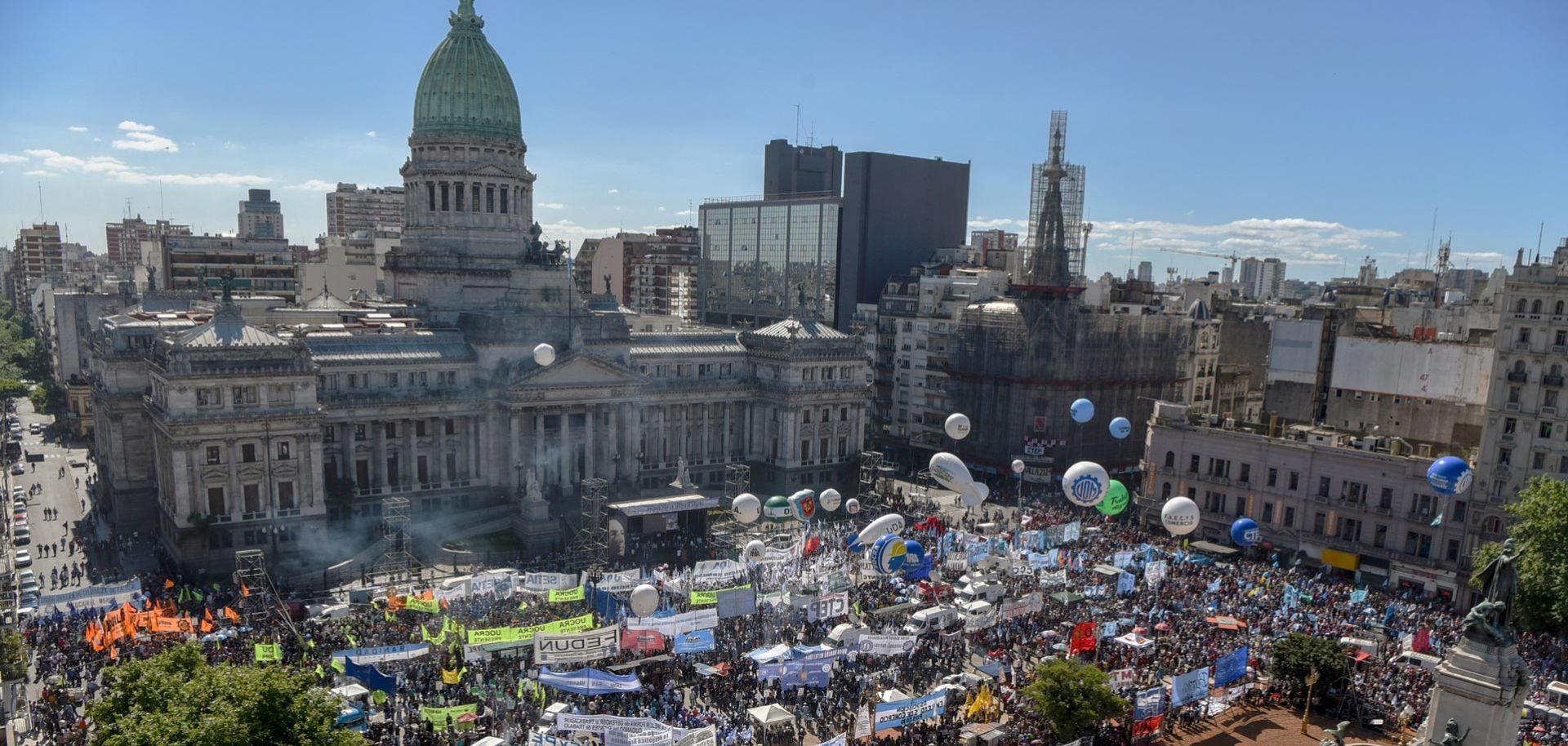A little more than a year ago, Mauricio Macri was elected president of Argentina in large part on the strength of promises he made to jump-start the country's declining economy. But a combination of factors, including shortcomings imposed by Argentina's economic and geographic constraints, have limited the effectiveness of his ambitious economic reform agenda. His administration's initial optimism about improving the country's business climate to attract more foreign investment has been blunted by the magnitude of the problems its economy faces.
When Macri entered office in December 2015, he inherited an economy mired in recession, plagued by an inflation rate of around 30 percent and still hamstrung by the government's 2001 default on foreign debt. His first order of business was to reach a deal with creditors demanding payments on that debt so Argentina could regain access to international credit markets. The government also instituted policies that slashed energy subsidies and...

